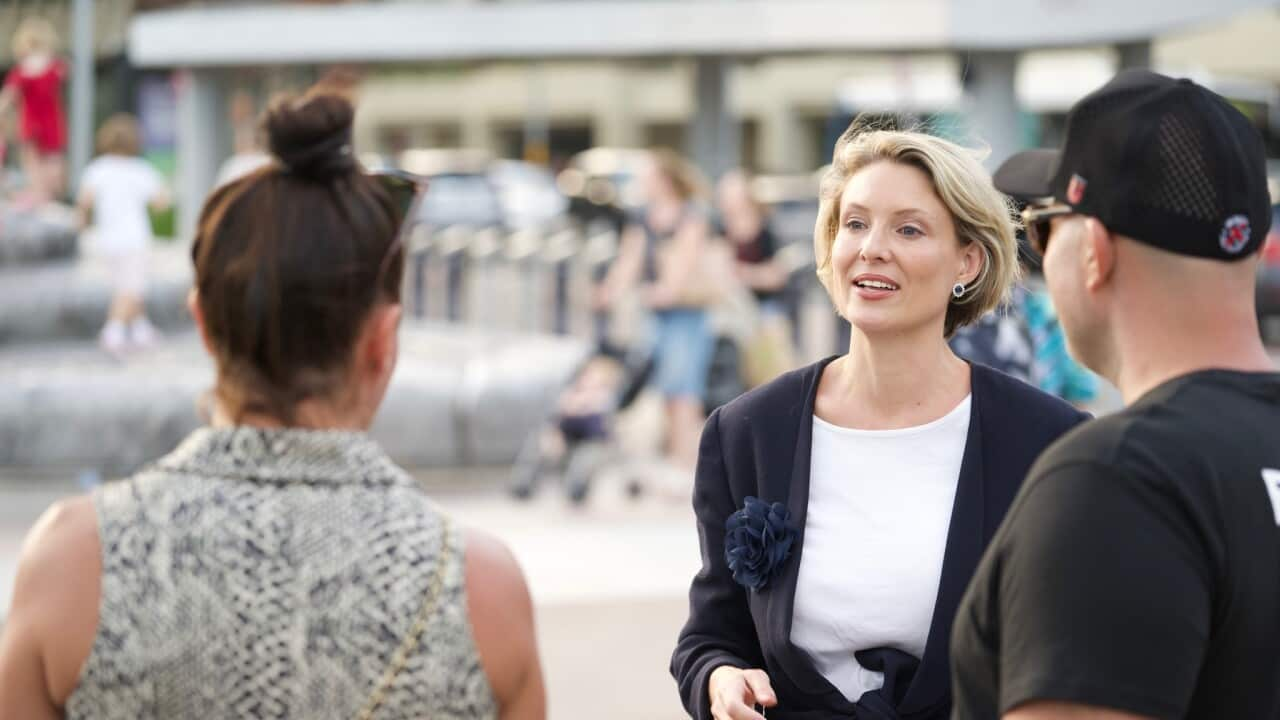Medical professionals and advocates for transgender equality have labelled comments on gender affirmation surgery from Prime Minister Scott Morrison and Liberal candidate Katherine Deves as incorrect and inappropriate.
Ms Deves previously described transgender children as “surgically mutilated and sterilised”, while Mr Morrison described “gender reversal for young adolescents” as a “troubling issue”.
In Australia, gender affirmation surgery is only available to people aged 18 or over, with minors requiring permission from parents to be considered for surgery in addition to patients having extensive consultation with doctors and mental health professionals.
'It just doesn't happen like that'
Dr Clara Tuck Meng Soo is a GP at Hobart Place General Practice and has worked closely with the LGBTIQ+ community throughout her career.
She describes accessing gender affirmation surgery as a ”prolonged process”.
“In Australia, the normal process for someone under 18 to actually get access to gender-affirming hormone treatment would be for them to see a medical practitioner, then be referred to two mental health professionals to really assess suitability for going on to treatment,” she said.
“For younger people who are looking at puberty blockers, it also means they normally see a paediatric endocrinologist or paediatrician to approve and prescribe a blocker … it’s actually quite a prolonged process for all that to happen.”
According to Dr Soo, the process of undergoing treatment and gender affirmation surgery generally takes an average of six months from presentation to beginning treatment or 12 to 18 months in areas with less access to services.
She estimated the cost at $10,000 to $15,000 and said surgeries were primarily done through the private sector, with access in the public sector very limited.
"I think the problem with the way the rhetoric is bandied about is that it gives people who don't know much about this impression that people can just walk in and demand surgery ... and it just doesn't happen like that," she said.
“I've actually never heard of anybody actually having genital affirmation surgery before the age of 18."
“There are a few cases of people having top surgery, chest or breast surgery before the age of 18, this would typically be young trans male patients who find binding or having breasts very, very dysphoric and therefore requested surgery to help deal with dysphoria as a result of that."
Jeremy Wiggins, executive officer of Transcend Australia, said he knew of fewer than five cases of people aged under 18 undergoing gender affirmation surgery.
“It’s a long-term process that is also very costly for people … there are actually a lot of barriers to accessing gender affirmation surgery in Australia,” he said.
"These appointments and the process ... can take years, the waitlist is so long that young people are often in distress waiting for a long time for an appointment.
"It's not something that is done quickly, it's not something that is taken lightly; it's an intense assessment process with a multidisciplinary team."
Mr Wiggins said the use of the word “mutilation” was not appropriate when describing gender affirmation surgery.
“My understanding is she made reference to the New South Wales Crimes Act, but she's misaligning that, that's actually a reference to female genital mutilation, which is a completely different practice.”
“To use the incorrect law and to place it onto a vulnerable community is highly concerning … it's completely incorrect.”
In 2020, the Royal Australasian College of Physicians (RACP) wrote to Federal Health Minister Greg Hunt regarding the care and treatment of children and adolescents experiencing gender dysphoria.
The letter made a series of recommendations, including making it a national priority for children and adolescents with gender dysphoria to have access to appropriate care and treatment.
The RACP also noted "substantial dangers" posed by public debate on gender dysphoria and said a national inquiry, which was being discussed at the time, would further harm vulnerable patients and their families.
It said considerations of care and treatment of medical conditions should be based on evidence and advice from medical and other health professionals who have specific expertise in the condition in question, as well as the affected patient population.
LGBTIQ+ Australians seeking support with mental health can contact QLife on 1800 184 527 or visit qlife.org.au. ReachOut.com also has a list of support services.
Intersex Australians seeking support can visit Intersex Peer Support Australia at isupport.org.au.



